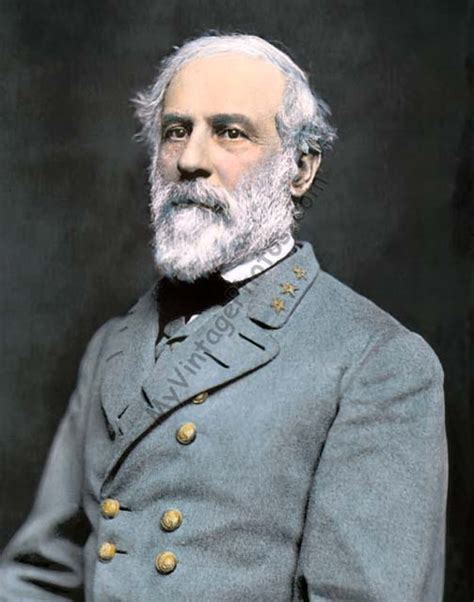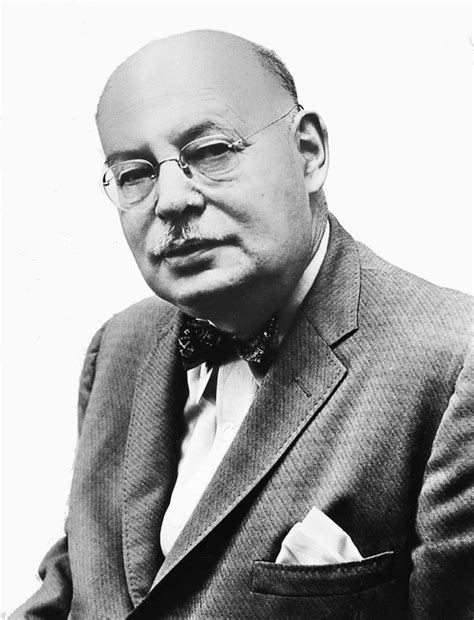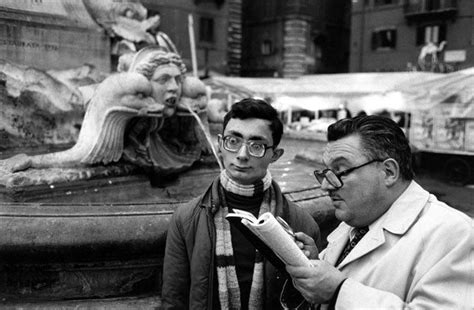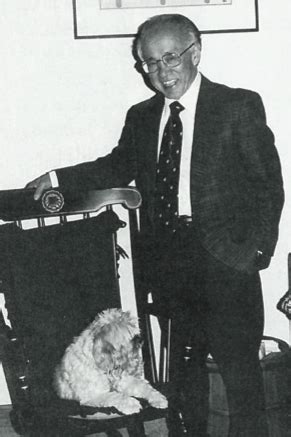A Quote by Robert E Lane
Stereotypes are the mind's shorthand for dealing with complexities. They have two aspects: they are much blunter than reality; they are shaped to fit a man's preferences or prejudgments. Thus two principles are involved: differentiation or its lack, and biased preferential perception.
Related Quotes
There are for man only two principles available for a mental grasp of reality, namely, those of teleology and causality. What cannot be brought under either of these categories is absolutely hidden to the human mind. An event not open to an interpretation by one of these two principles is for man inconceivable and mysterious. Change can be conceived as the outcome either of the operation of mechanistic causality or of purposeful behavior; for the human mind there is no third way available.
There are two principles on which all men of intellectual integrity and good will can agree, as a 'basic minimum,' as a precondition of any discussion, co-operation or movement toward an intellectual Renaissance. . . . They are not axioms, but until a man has proved them to himself and has accepted them, he is not fit for an intellectual discussion. These two principles are: a. that emotions are not tools of cognition; b. that no man has the right to initiate the use of physical force against others.
We are entering a world where there won't be one but two realities, just like we have two eyes or hear bass and treble tones, just like we now have stereoscopy and stereophony: there will be two realities: the actual, and the virtual. Thus there is no simulation, but substitution. Reality has become symmetrical. The splitting of reality in two parts is a considerable event which goes far beyond simulation.
A photograph is what it appears to be. Already far from 'reality' because of its silence, lack of movement, two-dimensional ity and isolation from everything outside the rectangle, it can create another reality, an emotion that did not exist in the 'true' situation. It's the tension between these two realities that lends it strength.
Dharma has several connotations in South Asian religions, but in Buddhism it has two basic, interrelated meanings: dharma as 'teaching' as found in the expression Buddha Dharma, and dharma as 'reality-as-is' (abhigama-dharma). The teaching is a verbal expression of reality-as-is that consists of two aspects-the subject that realizes and the object that is realized. Together they constitute 'reality-as-is;' if either aspect is lacking, it is not reality-as-is. This sense of dharma or reality-as-is is also called suchness (tathata) or thatness (tattva) in Buddhism.
In the two or three or four months that it takes me to write a play, I find that the reality of the play is a great deal more alive for me than what passes for reality. I'm infinitely more involved in the reality of the characters and their situation than I am in everyday life. The involvement is terribly intense.
The philosopher Ludwig Wittgenstein once remarked that if you ask a man how much is two plus two and he tells you five, that is a mistake. But if you ask a man how much is two plus two and he tells you ninety-seven, that is no longer a mistake. The man you are talking to is operating with a wholly different logic from your own.
































